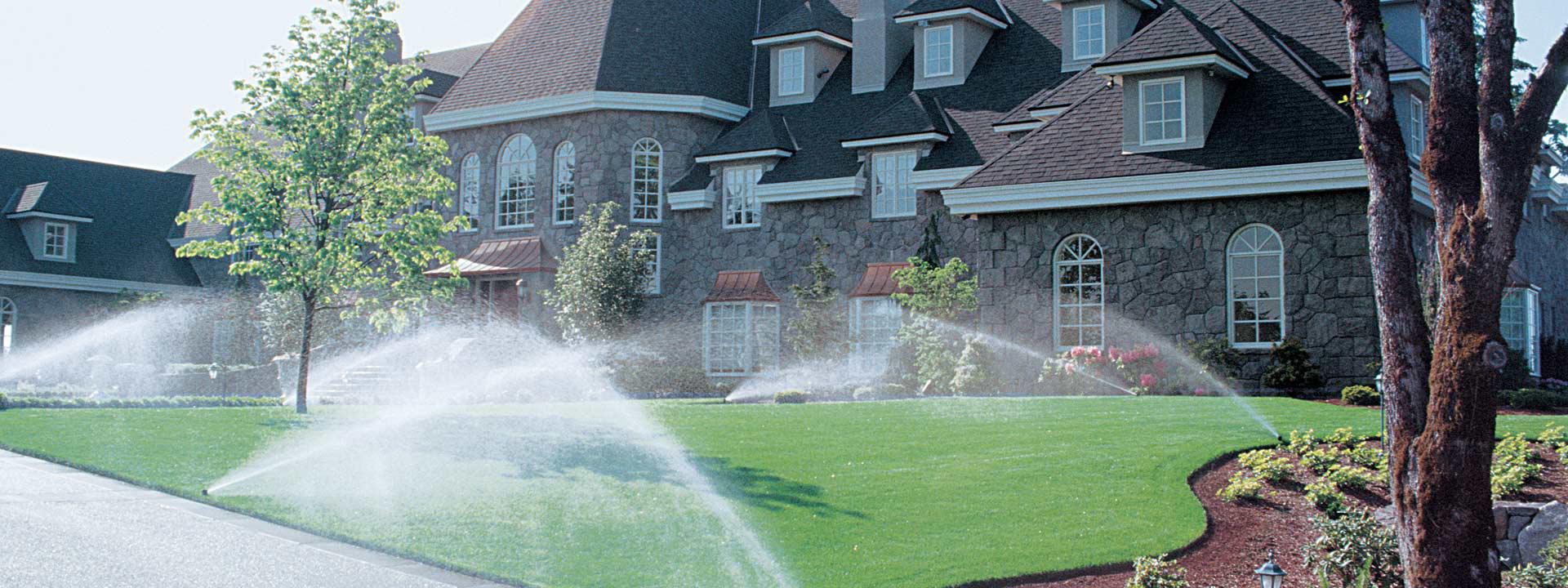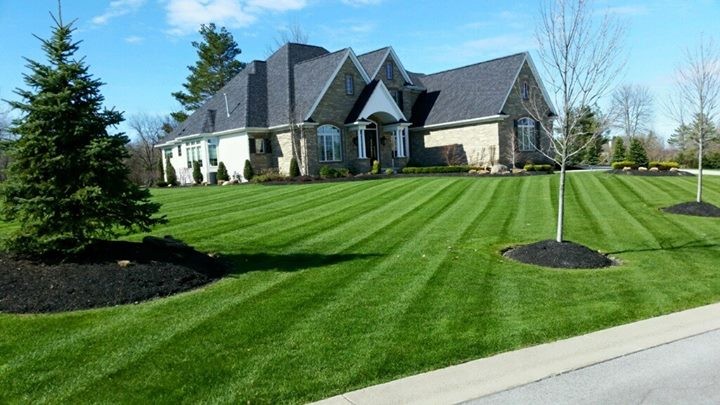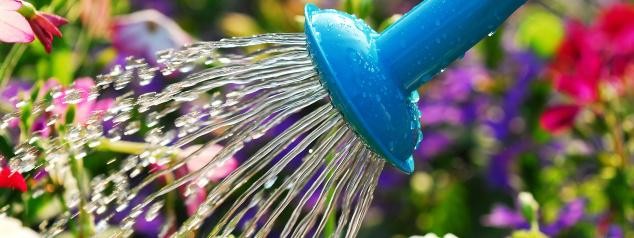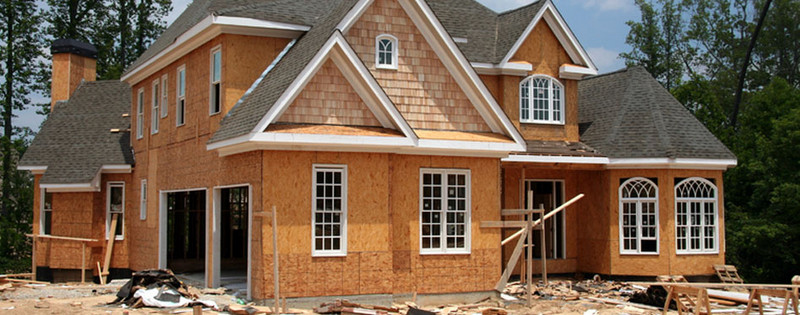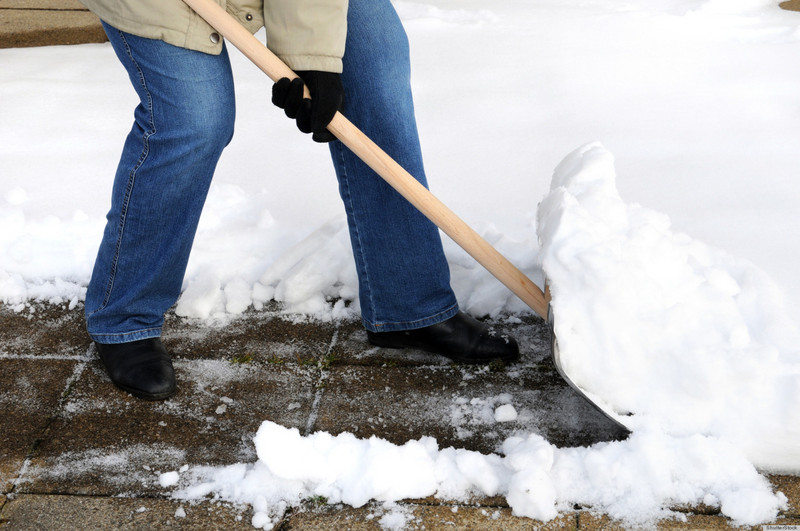 Buffalo & WNY Lawn & Landscape Blog
Buffalo & WNY Lawn & Landscape Blog
Does Your Irrigation System Know When it’s Raining?
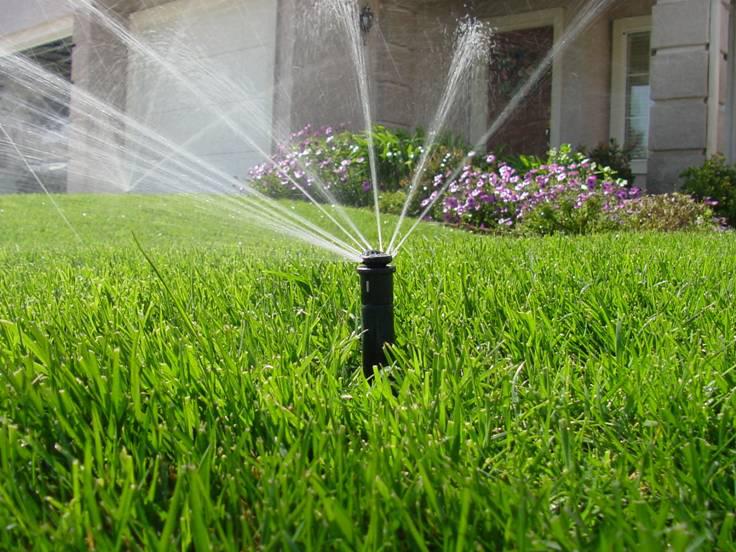
Rain Delay Sensor
Most irrigation systems are able to have an attachment known as a Rain Delay Sensor added to the control box. The Rain Delay Sensor is able to know when it is raining, how much it has rained, and when the system should turn off to prevent any over-watering in your lawn and landscape (which could lead to turf disease) and when to start back up to prevent drought conditions.
Watering and Irrigation Setting Tips
Most lawns need between 1/2 and 1 inch of water per week. With the exception of new seed, watering should be deep and infrequent. Over-watering produces soggy soil, damages turf roots and promotes fungus. If your lawn needs water, it will start to look less “green”. When stepped on, it will not spring up as quickly, and the blades will have a dull appearance.
One tip is to keep your irrigation system turned off until the weather turns warmer. This is usually mid/later May. If your controller does not have a full-blown weather station that tracks rain, it is best to keep the system off through the spring while it is obvious rainfall is plentiful. Once temperatures are regularly in the 80’s, we recommend watering 2-3 times a week. You can skip a cycle if we get 1/2 inch of rain or more. Your smart controller or a Rain Delay Sensor will automatically do this.
Apply 1/2-3/4 inch of water per irrigation cycle. If you water with a sprinkler and only want to do this once a week, put down 1 full inch. This can be calculated by setting out several straight sided containers in the area you are watering, and measuring how much you collect.
Be aware: watering lightly and infrequently can cause damage by promoting a shallow root system and fungus. Do not take a hose, spray the lawn down for 15 minutes in the afternoon, and think it was adequate! Many sprinklers take several hours to put down 1 inch of water.
If you would like to receive our FREE Watering Guide contact our office at 716-683-2408
